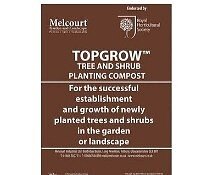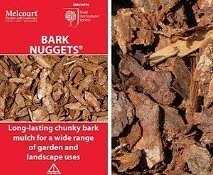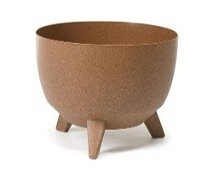
Native plants to grow in your garden
2 Minute Read
If you would like to create a garden that supports wildlife and local conservation, here are a few examples of native plants you could include in your garden.Trees
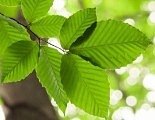
Beech
A large deciduous tree also known as the queen of British trees.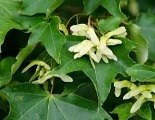
Field Maple
Field Maple trees help to support wildlife such as birds and bees.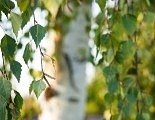
Silver Birch
Loved by insects and birds, this stunning tree has a stunning trunk.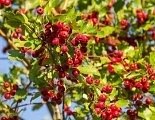
Hawthorn
Provides shelter and food sources for many species.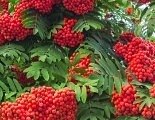
Rowan
Robust and suitable as a large hedge, with berries loved by birds.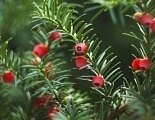
Yew
Evergreen yew's are pollution resistant and used by small mammals for shelter.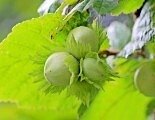
Hazel
The nuts of all hazel's are edible. The catkins provide an early source of pollen for bees.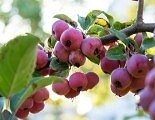
Crab Apple
Great for jams and jellies, the flowers are pollinated by insects in spring.Small trees and shrubs
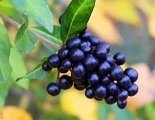
Privet
Usually found growing at the edges of woodland and amongst hawthorn. A versatile hedge plant.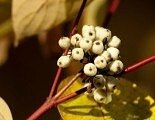
Dogwood
Known for their colourful stems, the berries provide a valuable source of food to wildlife.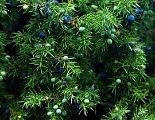
Juniper
A stunning evergreen shrub that provides dense nesting to birds The berries are a key ingredient in gin.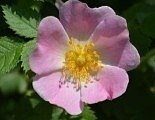
Dog Rose
This thorny climber provides a source of food for insects and birds. Rose hips are high in vitamin C.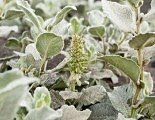
Goat Willow
Supports a wide range of wildlife and can live for 300 years! Identify this tree by looking for small, fluffy buds.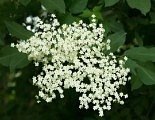
Elder
Loved by a variety of wildlife, the flowers of this shrub can also be used to make cordials and teas.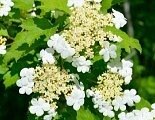
Guelder Rose
Provides a source of food and shelter to birds, while flowers are loved by insects.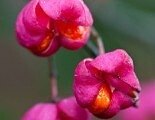
Spindle
Recognised for it's fine autumnal colours, this shrub is nectar rich and great for pollinators.Flowers
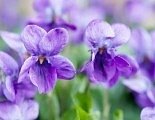
Sweet violet
Bring a woodland feel to your garden with this sweet smelling flower. The nectar they produce is a source of food for butterflies.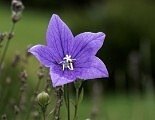
Harebell
These low maintenance cottage garden favourites are frequently visited by bumblebees and honey bees for their nectar.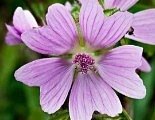
Common mallow
These dainty flowers are great for creating a wildflower garden visited by bees, butterflies and hover-flies.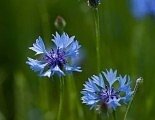
Cornflower
Popular with people and pollinators, their flower seeds also provide a source of food to small mammals and birds.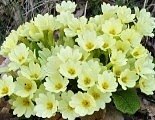
Primrose
These low maintenance flowers are a great source of food for bees once they awaken from hibernation in spring.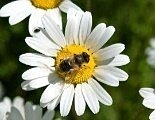
Ox-eye daisy
Probably the most recognisable wildflower, loved by many pollinators and gardeners!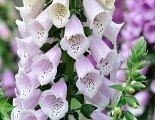
Foxglove
Foxgloves are the flower that comes to mind when picturing a cottage garden, bees love these magnificent flowers.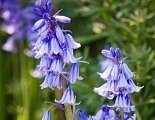
Bluebell
These perennial flowers are quintessentially British and brighten up beds, borders and beyond with their cheery flowers.Want to find out more about our beloved British trees? Click the link below to view the Woodland Trust's A-Z Guide to British trees.
Related products
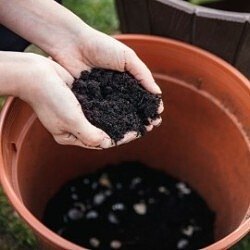
Shop compost
We stock a huge variety of composts from specialist to peat free along with a wide range of additives such as vermiculite, perlite or potting grit to add to compost.VIEW ALL
Most popular articles
1
Plastic plant pots dimensions and uses2
Peat vs Peat Free - Choosing the right Potting Compost3
How to Grow Watercress at home in plant pots4
January Jobs5
Our guide to seed sowing compost
